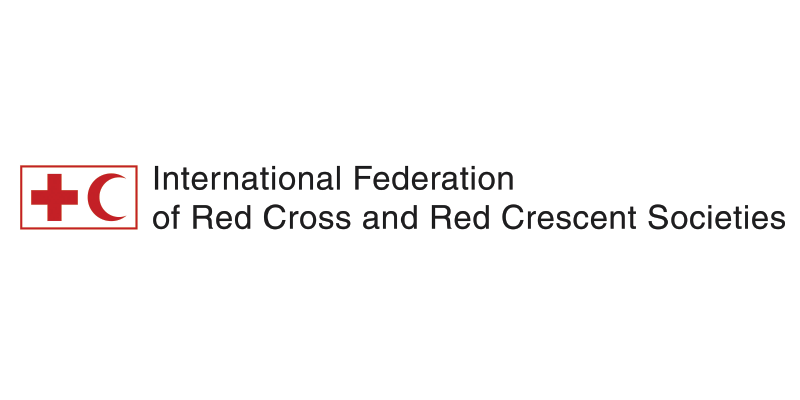Myanmar: Complex Emergency Operation – Operation update No. 3 (MDRMM016)

To date, this Emergency Appeal, which seeks CHF 4,500,000, is 58 per cent funded. This funding has been crucial to enable the Myanmar Red Cross Society (MRCS), with the support of the IFRC, to continue providing humanitarian assistance and protection to the people on the move, as well to strengthen their preparedness efforts.
A. SITUATION ANALYSIS
Description of the crisis
Since the military intervention on 1 February 2021, the country has remained in a state of political crisis as the economy falters and the humanitarian situation worsens. The country is now entering the second year of the crisis, where the complexity and multi-dimensional characteristics have been fuelled by ongoing inter-factional tensions. The pre-existing impact of COVID-19 has escalated the suffering of the people and the recovery has yet to be seen.
Fighting continues in states and regions across Myanmar to oppose the State Administration Council (SAC) in towns and villages. The security and humanitarian situation across Myanmar thus remain tense, with escalating violence and armed clashes. Nearly 2,000 civilians are reported as having been killed during the incidents since the military intervention. This has led to new displacements that, as of 2 September 2022, have resulted in more than 974,000 people displaced, including more than 250,000 children since 1 February 2021. This is an addition to the pre-existing displacement in the country, making up a total of over 1.3 million internally displaced people (IDPs) across the country. The number of IDPs is not stable as the IDPs remain on the move.
The increase in commodity prices, including food and fuel, due to inflation and global food supply, has worsened and increased the vulnerability of the affected people. Main services in the country have significantly reduced, such as banking, primary health services, and education. The disruption of the banking system has had an impact on access to cash, in turn delaying the delivery of humanitarian assistance, in addition to movement and access restrictions. The monsoon season has started and continues to cause heavy rain and flooding. During the month of June 2022, about 600 people were relocated to higher grounds due to flooding in Kachin state. In August 2022, the Myanmar Red Cross Society (MRCS) supported aid-delivering services with the people affected by the flood in Yak Sauk Township in Southern Shan State. With the reduction of primary health care across the country, the spread of communicable and waterborne diseases may increase challenges in accessing reproductive, maternal, newborn, child and adolescent health (RMNCAH), including antenatal care and support to pregnant women. More than four million children – half of the school-aged children – are estimated as not having accessed education for two full academic years.
There has been an increase in armed clashes between the Myanmar Armed Forces (MAF), ethnic armed organisations (EAOs) and the local People’s Defence Forces (PDFs) in the country’s northwest, as well as other parts of the country. More than 18,000 civilians’ properties, including houses, churches, monasteries, and schools are reported as having been destroyed, burnt and searched, due to the clashes and violence, and people displaced in Sagaing and Magway regions and Chin state. The armed clashes have led to the increase of travel restrictions issued by the authority and to the limitation of humanitarian access, especially in the southeast and northwest.
Since June 2022, armed violence between the SAC and the Arakan Army (AA) has escalated in northern parts of Rakhine State. In August 2022, frequent fighting including the use of heavy weapons has been reported in Rakhine State — especially in the townships of Rathedaung, Buthidaung, Maungdaw (northern Rakhine), Mrauk-U, Minbya, Kyauktaw, (central Rakhine) and Taungup (southern Rakhine), and in Paletwa Township of Southern Chin State. The escalation of armed violence across Rakhine State and Southern Chin State has already had a marked humanitarian impact in those areas, including an increase in displacement in northern Rakhine State. Access is still challenging as many areas including waterways and roads have been blocked in northern Rakhine State, while medical supplies and food have been restricted into Paletwa Township in southern Chin State.

